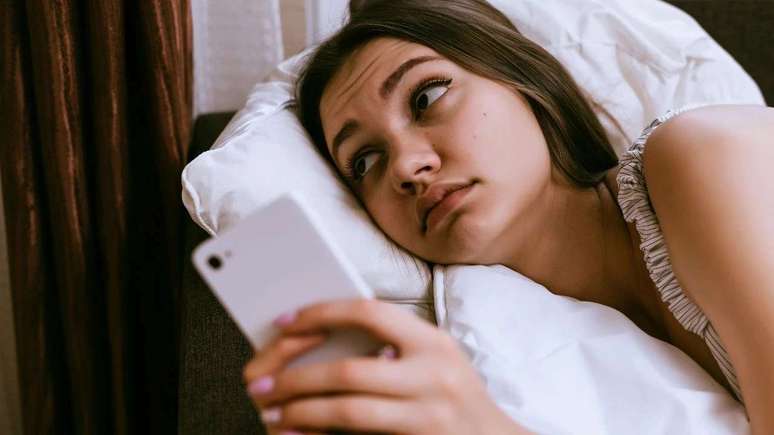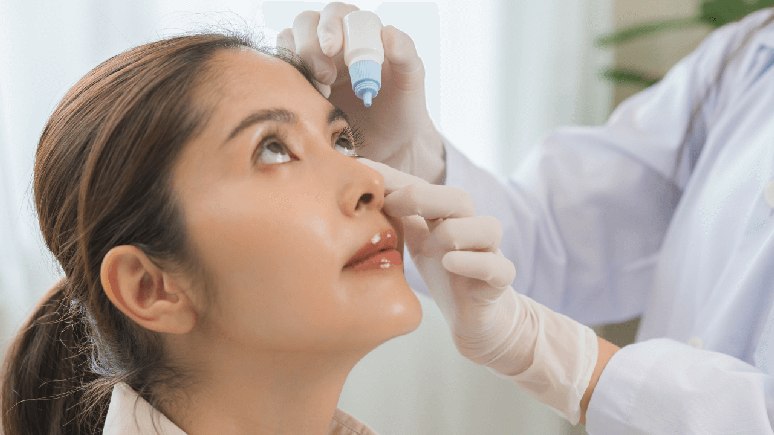The psychologist explains how small changes can alleviate the impacts of digital fatigue and improve well -being
The excessive use of screens, in particular the cell phone, has become an increasing challenge for mental and physical health. According to recent data of a date survey. The results indicate that, on average, the Brazilians dedicate five hours a day to their cell phones, putting the fifth country in the global ranking.
According to the psychologist Vânia Wiezel, partner of Totalpass, one of the main integrated health solutions of Brazil in the corporate sphere, the impact of continuous exposure on the screens goes beyond visual discomfort. It can lead to more serious problems like Digital fatigue.
“Excessive time in the face of devices can compromise sleep quality, damage postural health and negatively influence emotional balance. Furthermore, it can generate stress, anxiety and even depressive symptoms, becoming a harmful factor for productivity and social interactions, which is usually called as digital fatigue,” he explains.
Therefore, the adoption of care to reduce the impact of excessive use of screens on the quality of life is fundamental. To help maintain a more conscious use of technology and fight the effects of digital fatigue, Expert has listed four practical advice:
1. Set limits for the use of screens
To facilitate this check, there are applications that monitor the time of the screen and help the strategic breaks of the program during the day, contributing to a more balanced relationship with technology. However, the expert clarifies that assistance goes far beyond. “Avoiding the use of electronics at least an hour before bed is essential to improve the quality of sleep and reduce the harmful effects of prolonged exposure to blue light, promoting a more reparable rest,” he warns.
2. Create free moments of technology
The implementation of free activities of electronic devices, both at home and in the workplace, is an effective strategy to stimulate moments of disconnection and promote a more balanced lifestyle, allowing the brain to have an overload of information at rest and digital interactions.
“Reserve intervals of the day for activities that do not involve furniture, such as walking outdoors, reading a book or doing sports, contribute to reducing dependence on digital devices and promotes a healthier routine, providing a greater sense of well -being and improving the quality of social interactions”, says the psychologist.
3. Give priority to facial interactions
The human connection is essential for emotional health and the construction of healthy relationships. Replacing virtual conversations with facial facial interactions can be a big step to reduce the constant need to be connected and strengthen social bonds. “Defining a routine space for face -to -face meetings with friends and family, promoting moments of quality far from the screens, allows a more authentic contact and significantly improves the relationship with technology, making it more balanced and aware,” he explains.
4. Moving and adopting active breaks
Physical inactivity is one of the main consequences of excessive use of electronic devices. The prolonged stay in the face of the screens reduces the frequency of movements and can lead to postural pain, muscle tension and other health problems. It is therefore important to incorporate small breaks during the day and include activities that encourage body movement and stimulate blood circulation such as stretching and walking.
In addition, it is essential to maintain hydration and feed correctly during these breaks. Symptoms such as dizziness, excessive tiredness and headache can be signs of dehydration or low nutrition, aggravated by a prolonged time in front of the screens. “These breaks not only help to relieve the physical discomfort caused by the excessive time of the screen, but also promote a positive effect on mental health, reducing stress levels and improving productivity and concentration”, concludes Wiezel.
Source: Terra
Ben Stock is a lifestyle journalist and author at Gossipify. He writes about topics such as health, wellness, travel, food and home decor. He provides practical advice and inspiration to improve well-being, keeps readers up to date with latest lifestyle news and trends, known for his engaging writing style, in-depth analysis and unique perspectives.




![Un Si Grand Soleil preview: Thursday 16 October 2025 episode recap [SPOILERS] Un Si Grand Soleil preview: Thursday 16 October 2025 episode recap [SPOILERS]](https://fr.web.img6.acsta.net/img/23/e8/23e803cee5b560481303033f6e86fd7e.jpg)



